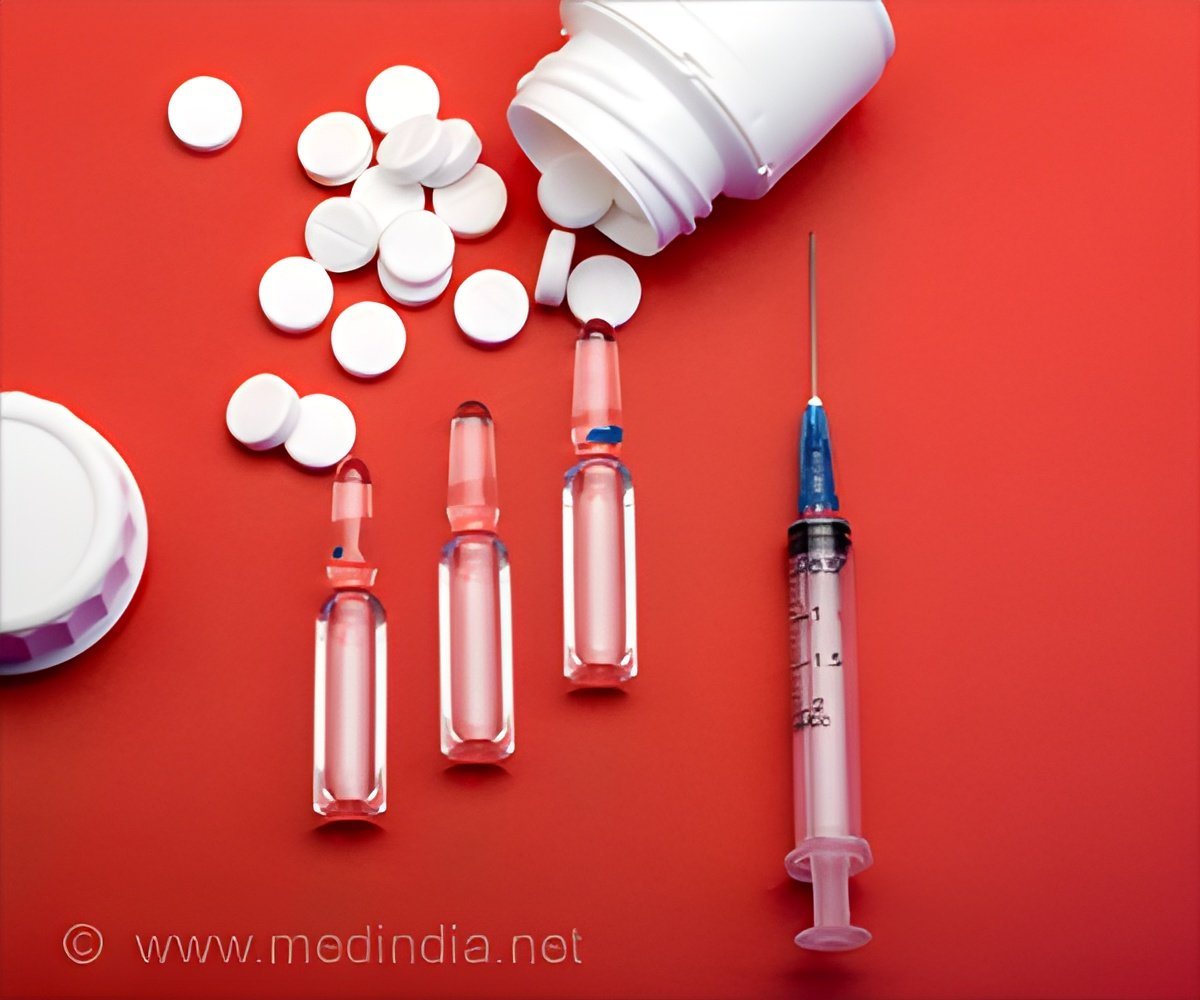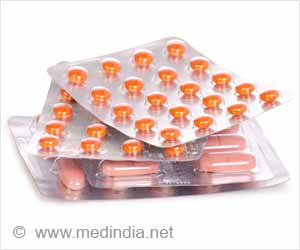New developments are urgently needed in the field of drug discovery

Even though the number of drugs approved has risen in the last three years, overall, roughly the same number of drugs have been approved by the Food and Drug Administration (FDA) each year since 1950 while the estimated cost, mostly because of the failure to bring new medicines all the way to market - has exploded.
As the dominance of large pharma erodes and the process of drug discovery and development moves to a more modular approach, initiatives such as the NIH's Clinical and Translational Science Awards are designed to enhance the ability of academia to play in this space.
Novel approaches to raising capital and to distributing intellectual property are also emerging.
However, most failures in drug development now occur during phase 2 clinical trials, when the mechanism of drug action is discovered and the factors that contribute to variability in drug response are parsed. We are challenged by a paucity of those individuals who integrate knowledge of preclinical science with an understanding of the complexity of drug action in humans. The relative absence of such individuals who serve as catalysts in drug development is apparent in big pharma, academia and at the FDA.
A politically uncontroversial role for NIH's National Center for Advancing Translational Sciences would be to address this problem, giving academia incentives to couple initiatives in translational medicine and therapeutics and in regulatory science to create a cadre of such individuals. This interdisciplinary group could catalyze drug development by including strategies focused on a more personalized approach, improving prediction of efficacy and safety and becoming a source of information about therapy for prescribers and consumers that exceeds the "objectivity" of direct to consumer advertising.
Advertisement
Symposium Time
Sunday, February 17, 2013
8:00 AM-9:30 AM
Room 207 Hynes Convention Center
Advertisement
Source-Eurekalert













